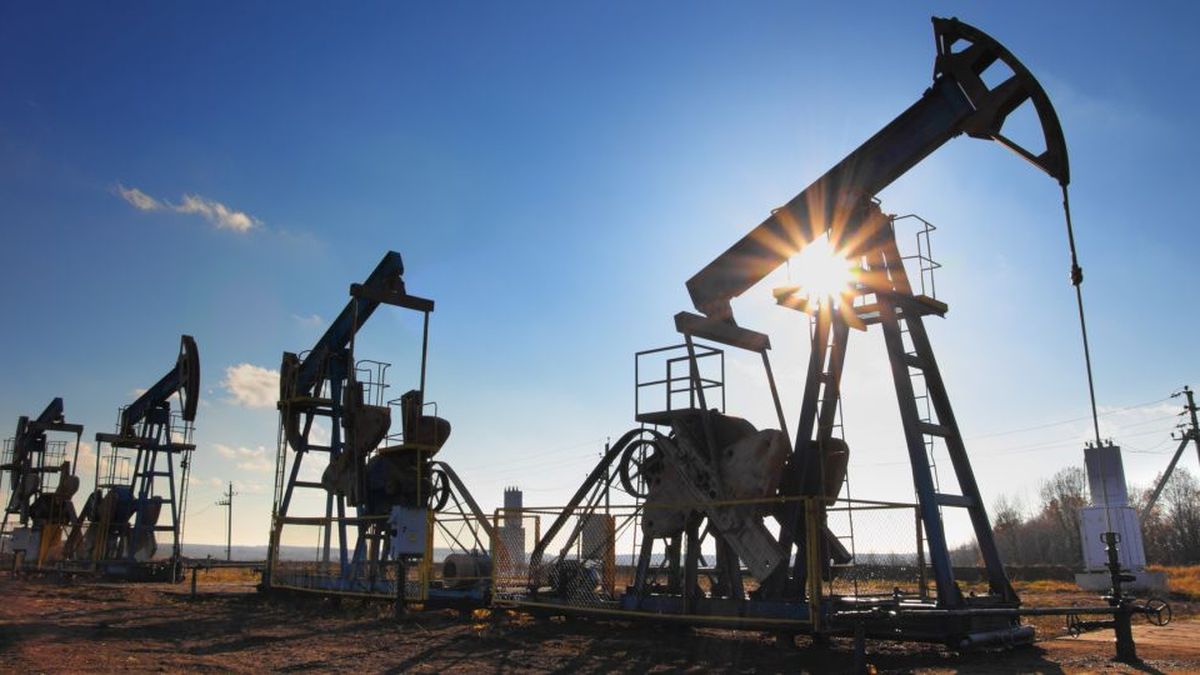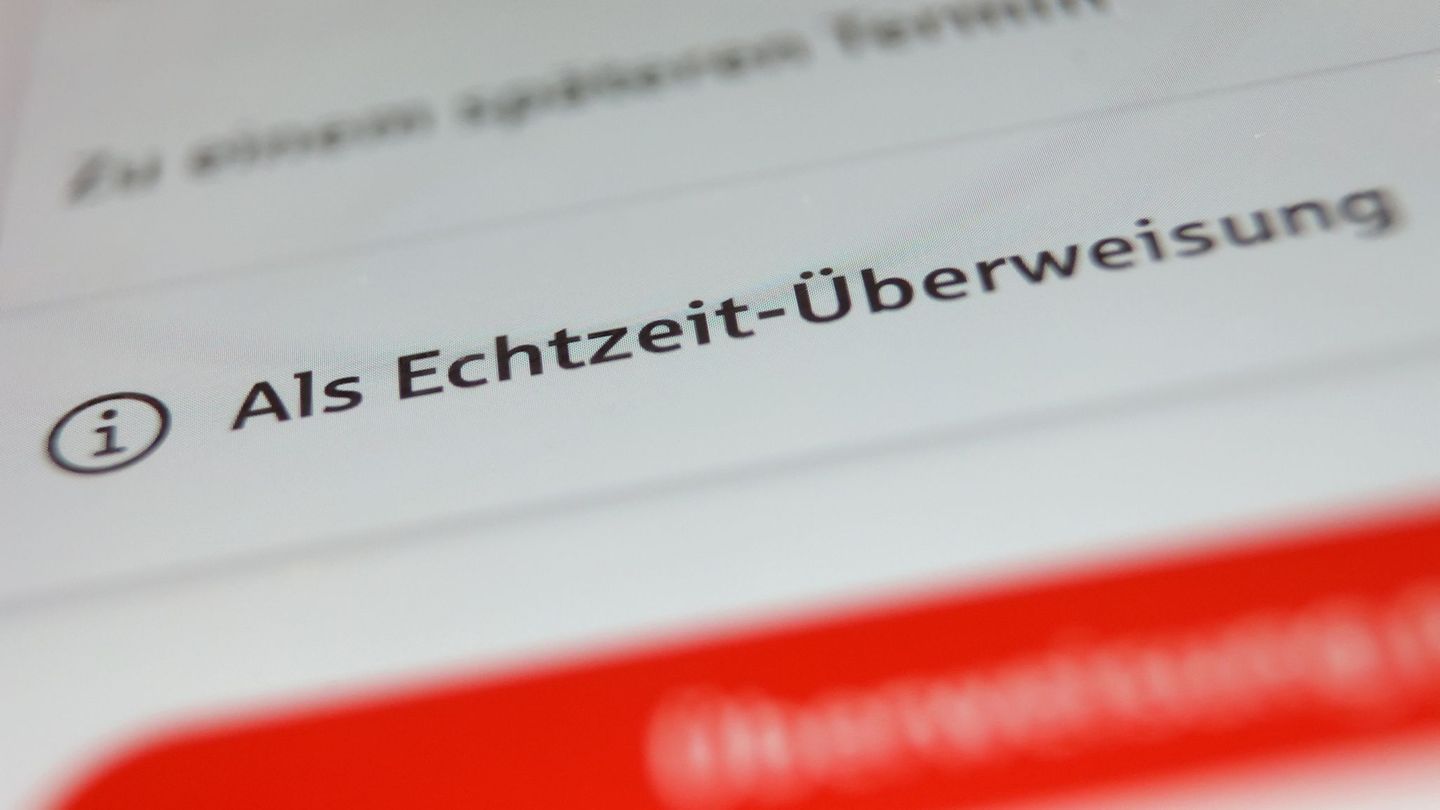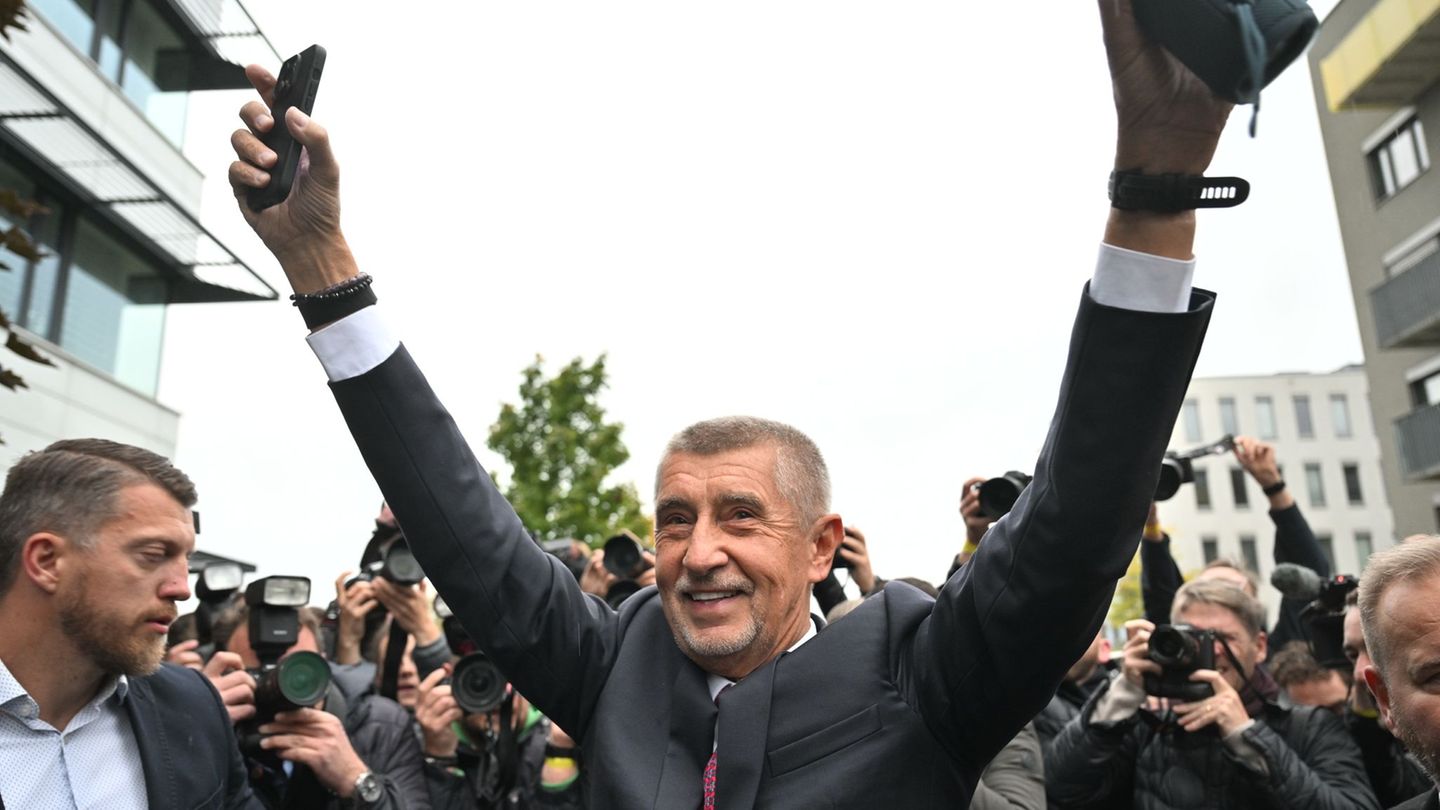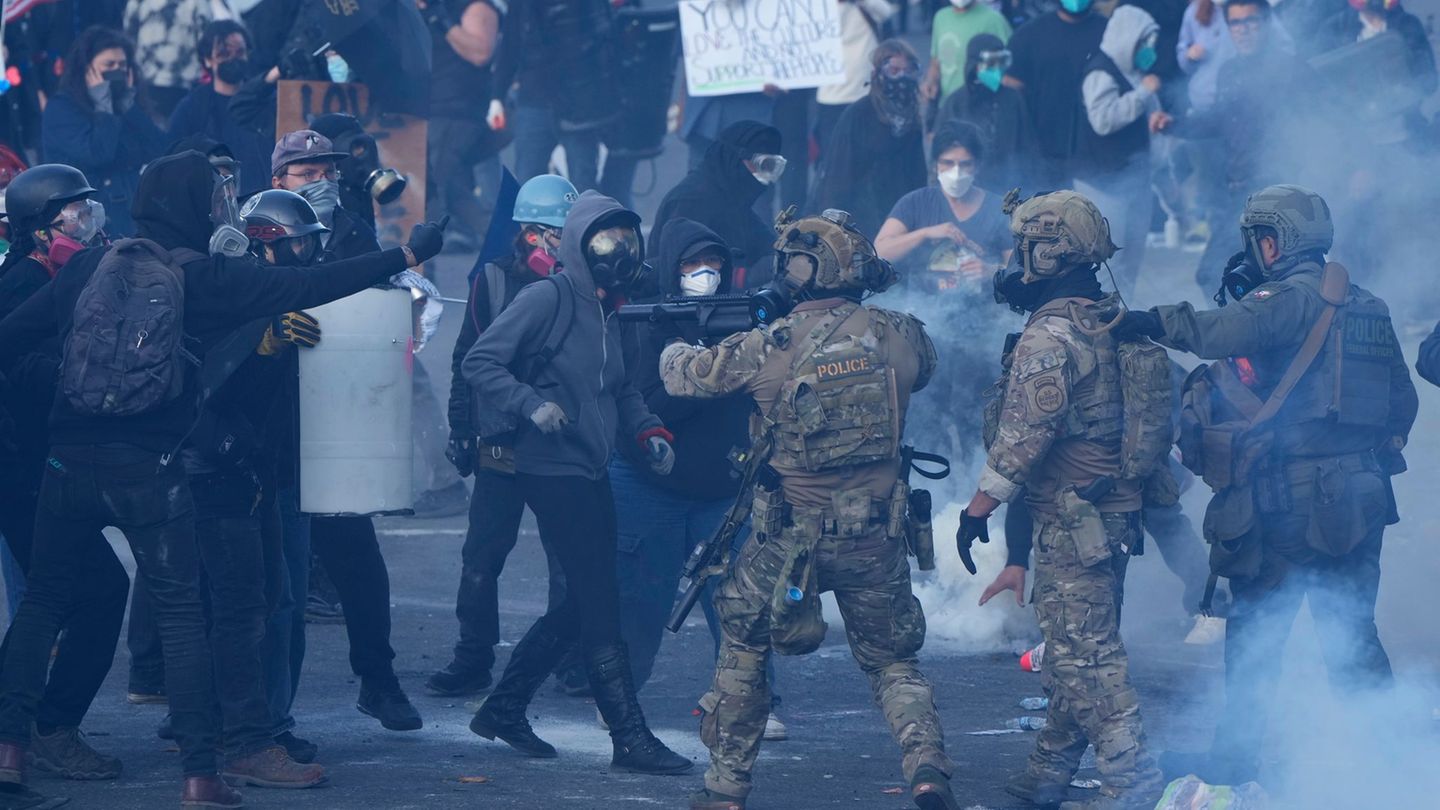“We could see potentially losing more than 7 million barrels per day (bpd) of Russian oil exports and other liquids, as a result of current and future sanctions or other voluntary actions,” OPEC Secretary-General Mohammad Barkindo said, according to a copy of his speech seen by Reuters.
“Given the current outlook for demand, it would be almost impossible to replace a volume loss of this magnitude,” he added.
The European Union reiterated its call at the meeting for oil-producing countries to study whether they can increase deliveries to help cool crude prices, a European Commission official told Reuters.
The EU representatives also pointed out that OPEC has a responsibility to ensure the balance of the oil markets, the representative said.
OPEC has resisted calls from the United States and the International Energy Agency to pump more crude to cool prices, which hit a 14-year high last month after Washington and Brussels imposed sanctions. to Russia after its invasion of Ukraine.
At the meeting with OPEC, the EU said the group could contribute more production from its spare capacity, according to an OPEC document seen by Reuters.
However, Barkindo said the current highly volatile market was not the result of fundamental factors outside of OPEC’s control, in a sign that the group would pump no more.
OPEC+, made up of the Organization of the Petroleum Exporting Countries and other producers including Russia, will increase production by about 432,000 barrels a day in May, as part of the gradual elimination of production cuts made during the height of the crisis. Covid-19 pandemic.
The meeting between the European Union and OPEC on Monday afternoon is the latest in a dialogue started between the two sides in 2005.
Until now, Russian oil was excluded from EU sanctions. But after the 27-nation bloc agreed last week to sanction Russian coal – its first move against the country’s energy supply – some senior EU officials said oil could be the next item on the list.
Australia, Canada and the United States, which are less dependent on Russian supplies than Europe, have already banned oil purchases from Russia.
EU countries are divided on whether to follow suit, given their increased dependency and the possibility that the move will drive up already high energy prices in Europe.
The EU expects to reduce its oil consumption by 30% by 2030 compared to 2015 levels, under its political forecasts to fight climate change, although in the short term an embargo would spark a race to replace Russian oil with alternative supplies .
Source: Ambito
David William is a talented author who has made a name for himself in the world of writing. He is a professional author who writes on a wide range of topics, from general interest to opinion news. David is currently working as a writer at 24 hours worlds where he brings his unique perspective and in-depth research to his articles, making them both informative and engaging.




